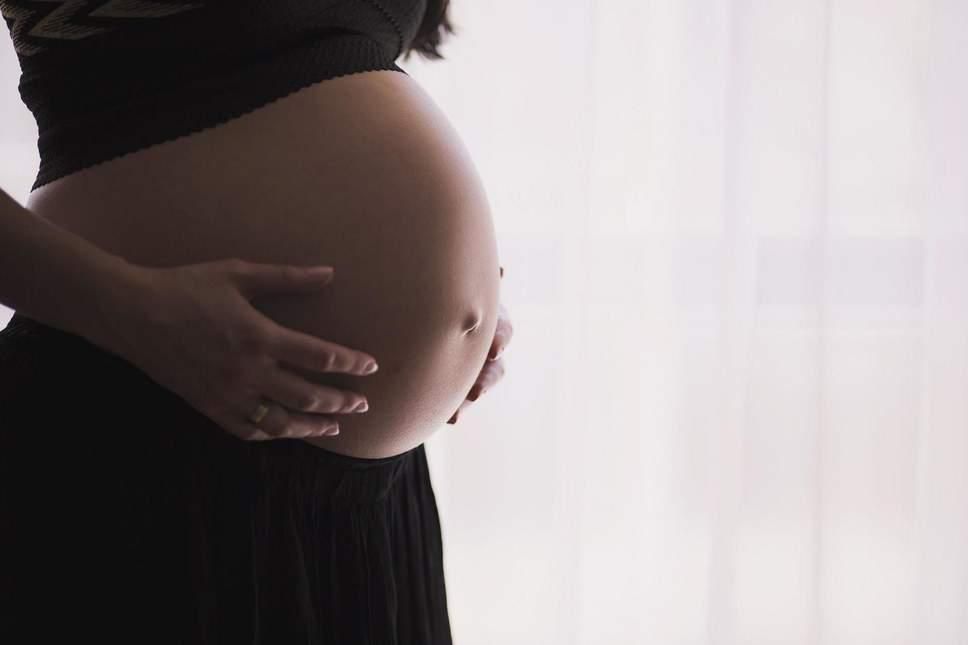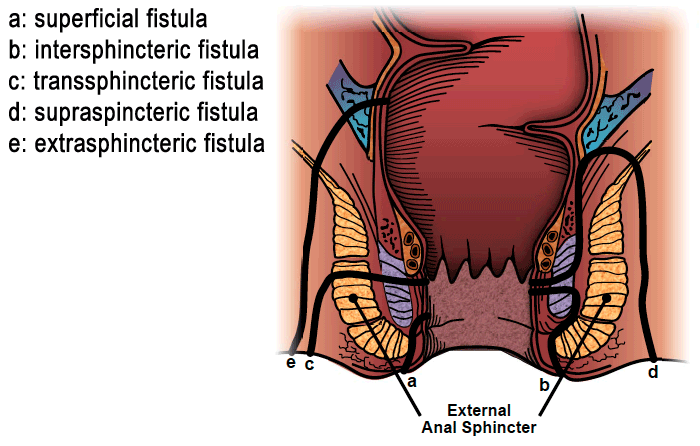Obstetrics fistula and its alarming devastation of Ghanaian women
)
Some of these conditions are self-healing while others require some slight medications, but for obstetrics fistula; the ramifications are grave.
Obstetric fistula is one of the most devastating medical disabilities afflicting women as a result of complications arising from lack of surgical intervention for prolonged labour. Affected women either leak urine or faeces or both, leaving them socially isolated in most instances.
Studies show that we have about two million people living with fistulas at the moment and the majority of them are in sub-Saharan Africa and in Asia.
And there are records to show that this societal canker is on the increase in Ghana. About 13,000 women are estimated to have obstetric fistula in the country with the majority of them residing in the remote areas.
According to experts, even though this condition prevails in all 10 regions of Ghana, the Northern region has the highest prevalence, followed by Ashanti, Western, Central and the Upper Regions.

In 2015, a United Nations Population Fund and the Ghana Health Service assessment showed that 53% of fistula patients were married and 35% had at least primary school education.
Doctor Jeff Osei Agyapong, an obstetric gynaecologist at Ghana’s premier health facility, the Korle-bu Teaching Hospital told Pulse Ghana that, the effects of obstetric fistula are so devastating, and must not be taken lightly.
“It usually affects the underprivileged in society. For them getting access to healthcare is a problem as compared to rich or educated people. For most of them, the stench that comes from the fistula, they are ostracized by the family members and most of the women end up getting divorced, so they don’t have any family support to help them go to the hospital for treatment,” he revealed.
Since obstetric fistula arises as a result of prolonged labour, how can women stay safe from both the cause and the condition itself? Dr Osei Agyapong assured that all hope is not lost.

“The fistula can be repaired however it depends on when it is detected. When a fistula is detected in a patient, you have to wait for all the tissue inflammation to heal before surgery is done. We usually give about 3 months period between the occurrence of the fistula and the repairs,” he said, cautioning: “In developed countries, obstetric fistula is prevalent among girls who marry early and young girls who don’t have a properly matured pelvis. And also when you have difficult labour you are likely to get fistula as well as girls who are malnourished.”
As today, May 23 marks the United Nations' (UN) International Day to end obstetric fistula, Pulse Ghana took it as responsibility to create awareness about the dreadful condition by speaking to relevant stakeholders and some victims.
Yaa Boateng (not her real name) is one of the unfortunate women to have suffered obstetric fistula. In a Q and A interaction with Pulse Ghana, she narrated her ordeal.
Question: How did you get obstetric fistula?
Answer: I was pregnant. I went to the hospital at the scheduled dates in order to prevent any harmful effects. When I was in labour I went to the hospital but my condition got worse as the labour prolonged.
There were some complications according to the health workers ho helped me push my baby. After the delivery, they explained what happened to me and told me that I may have to love with this condition for the rest of my life. They also told me that surgery could help me that is why I came to Accra to get the best treatment for my condition.
Question: Can you tell me what the doctor/nurses told you?
Answer: They said during contractions, my baby’s head was against my pelvic bone. The tissue between the baby’s head and the pelvic bone became compressed. The tissue died leaving the exhausted muscles between my bladder and vagina perforated.
They told me my urine will leak uncontrollably and I may have some respite after surgery.
Question: How has it been after this?
Answer: It has not been easy. I used to smell of urine every time. I could not go anywhere or be in public. Now I am always in a diaper. Even that it is stressful. The rashes on my bum because I wear diapers and other things.
Question: You came to Accra for the surgeries, how has it been?
Answer: I had 2 surgeries before leaving the Upper West region for Accra. I hope the next surgery will be successful. I am very hopeful.
Question: Has this condition caused you anything at all?
Answer: Yes a lot of things. The reason I don’t want you to mention my name is because a lot of people know me and I am ashamed for people to know.
I also spend a lot of money buying diapers and at the hospital. Sex is no longer pleasurable to me and I am lonely.
Obviously, obstetric fistula is such a serious, but less heard of condition that is causing women a lot of trouble, and the state must take interest in providing relief to such poor women.
Dr Osei Agyapong is of the view that adopting it as one of the ailments covered by the National Health Insurance Scheme may not be sufficient, but could cushion victims against the high cost of treatment.
He has also called for an intensive state-sponsored sensitisation especially in the rural areas of the country to prevent the condition and alleviate it eventually.
)
)
)
)
)
)
)
)
)
)
)
)
)
)
)
)